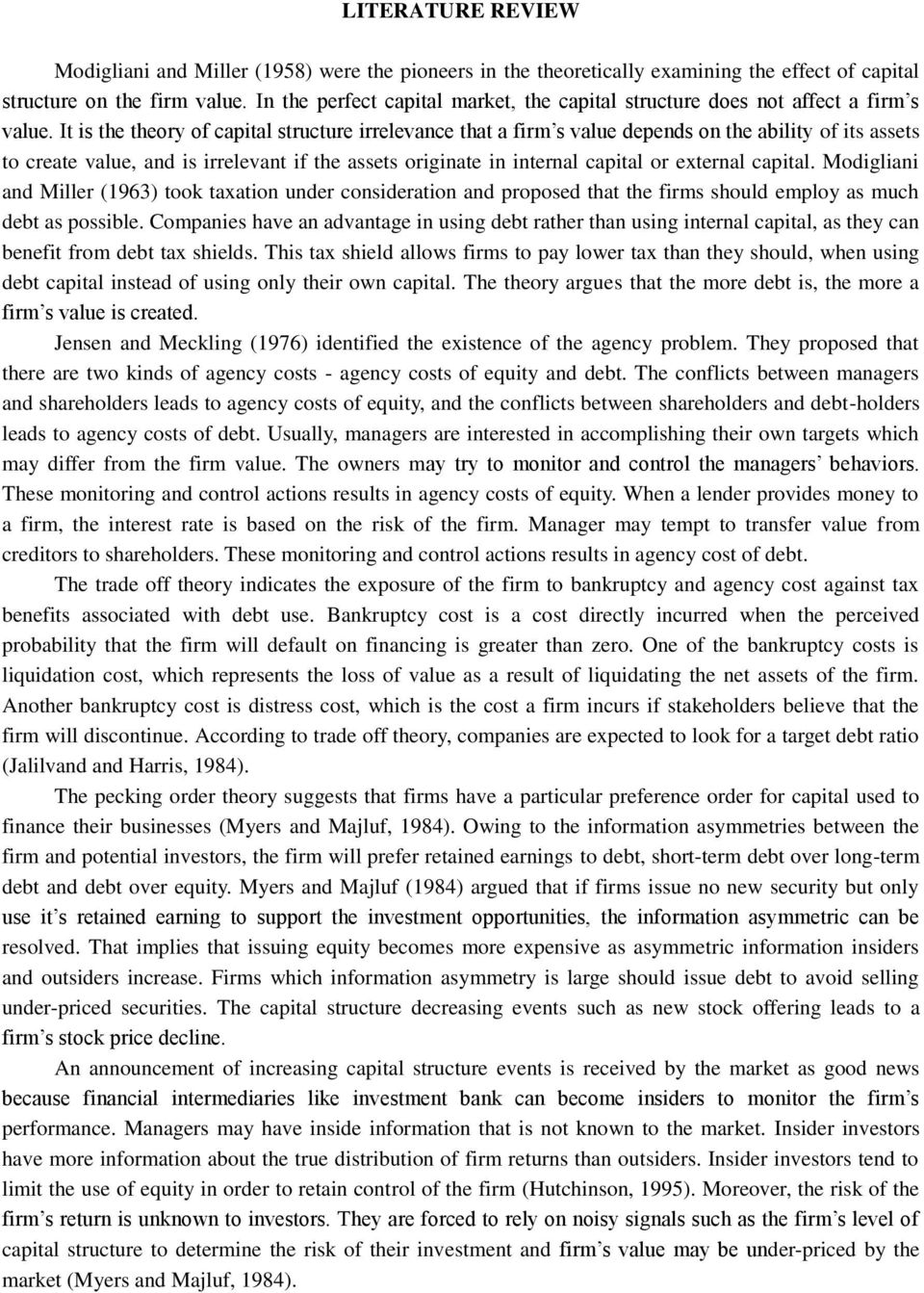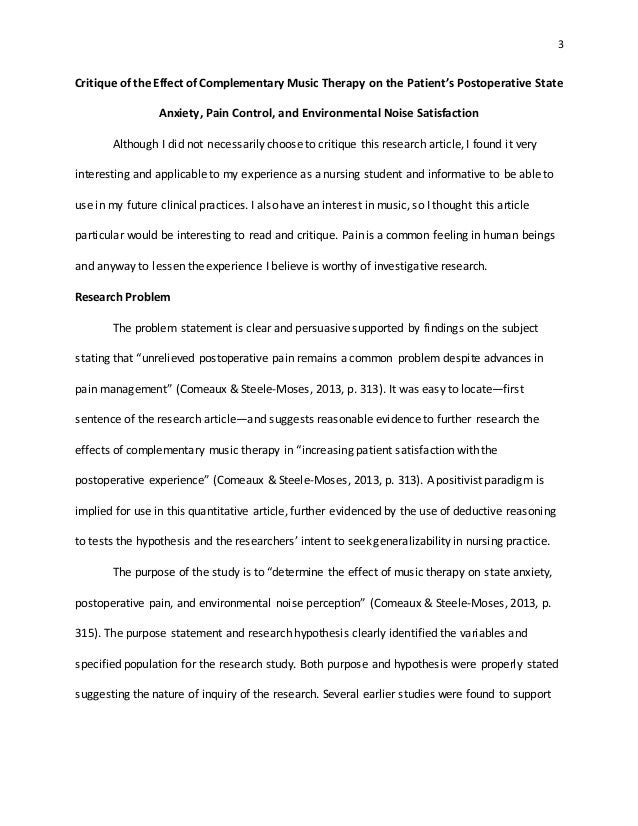Brown vs. Board of Education of Topeka, Kansas essays.
Brown v. Board of Education of Topeka, Kansas In 1950 the Reverend Oliver Brown of Topeka, Kansas, wanted to enroll his daughter, Linda Brown, in the school nearest his home (Lusane 26). The choices before him were the all-white school, only four blocks away, or the black school that was two miles away and required travel (26).Brown v. Board of Education of Topeka, Kansas On May 17, 1954 the United States Supreme Court handed down the Brown v. Board of Education of Topeka Kansas ruling. The supreme court’s ruling stated that separate was in fact not equal.Brown v Board of Education of Topeka (1954), is a landmark Supreme Court case that changed the shape of American History. It affected not only the Browns, but everyone in the country. The case didn’t only deal with race, but it dealt with education and equal protection.
The Brown versus Board of Education decision was an immense influence on desegregation of schools and a milestone in the movement for equality between the blacks and whites that continues today. The Brown versus Board of Education case was not the first of its type.The purpose of the supreme court case Brown Vs. Board of Education, was to challenge the segregation of public schools. The segregation of public schools separated African American students and white students, which led to them attending different public schools.

SEPARATE IS NOT EQUAL: Brown v. the Board of Education of Topeka, Kansas By Alonzo N. Smith, project co-curator Project Essay 1. Introduction The Supreme Court’s decision of May 17, 1954, marked a watershed in the history of race relations in the United States. On the one side lay official sanction for a.











